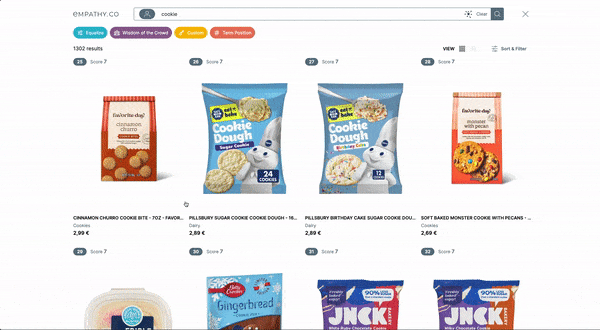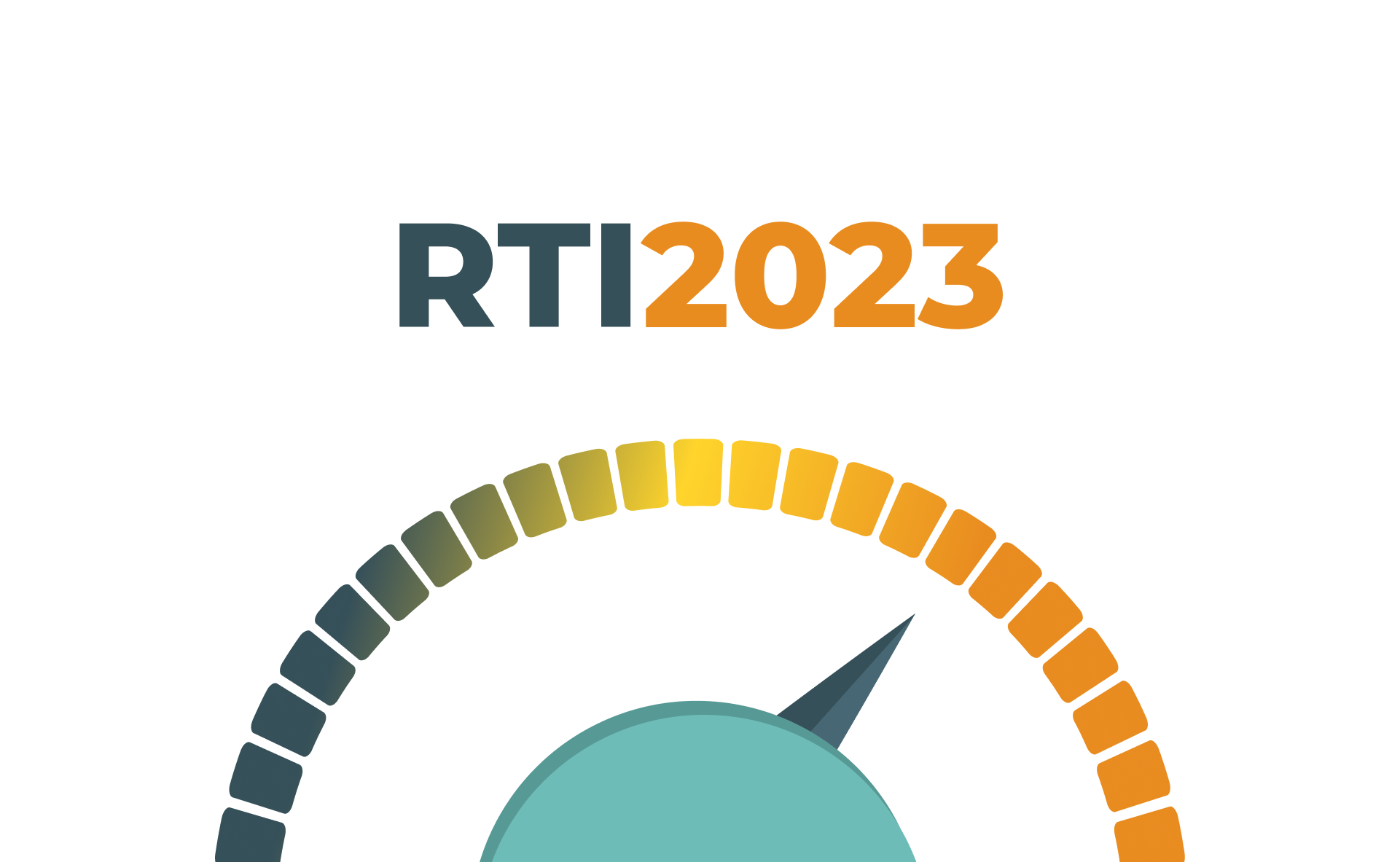Do More Than Search Corrections
Do More Than Search Corrections
Conversational Search Series, Part 2: Typing
August 3 2022
In the previous article in this series, ‘Make the Most of Your Previous Searches,’ we introduced the idea of the search experience as a dialogue within an exploratory process. This time we’ll explore the action of typing in a search box. Pretty simple, right?
Search as a dialogue
If a person decides to type something into the search engine, it may be because the product suggestions shown did not hit the mark. Since the service has to anticipate the search intent, producing relevant suggestions is incredibly complex. But in the words of Freddie Mercury, ‘The show must go on’ - in this case, the dialogue between person and search engine - must go on 🙂.

Search typing experience
Let’s explore the different conversations that people go through in a search experience:
1. ‘Say no more. Do you mean this? It’s the most popular item.’
It immediately provides several suggestions as you type. From the list, these are the current trends based on the wisdom of the crowd -totally anonymous- matching the letters typed.

2. ‘Before you go on, are you searching for this again?’
If search history is activated, it’s always stored locally. It will suggest recent matching searches.

3. ‘Aha! I think you’ll like this’
It instantly suggests matching products. Some stores have a carousel set up by product name with their relevant products.

4. ‘That product model is right here!’
When a person searches for a specific product by its identification number, called SKU, they start typing and the predictive layer presents the product family with images. Once the complete number appears, the specific product is displayed.

5. ‘There’s a whole category about that; take a look’
In addition to queries, if it corresponds to a general search, the search engine provides quick links to the related categories. The shopper can now explore, find and compare many similar products.

6. ‘What section would you like to search in?’
The most common case is in fashion, when, for example, the search engine ‘asks’ the person if they would like to look in the children’s, men’s, women’s, etc. section.

7. ‘Since you are looking for this, you might be interested in this related article’
More and more stores are encouraged to add search suggestion articles from their blog that usually help customers make purchase decisions.

8. ‘Not sure how to spell something or what it’s called? Don’t worry, I’ll help you’
When exact results are not found, the search engine detects similar words and suggests search corrections such as spelling.

9. ‘Wait, I think I’m lost’
If there are no matches or similar words, awarning will immediately appear and show the most popular products, always offering suggestions.

Open to Feedback
There are many things to consider and take into account. Suggestions should behave differently depending on the person searching, location, origin, moment, query composition, etc. We will continue to explore search ways in future articles. We’d love to hear your feedback as we continue to improve this experience.










